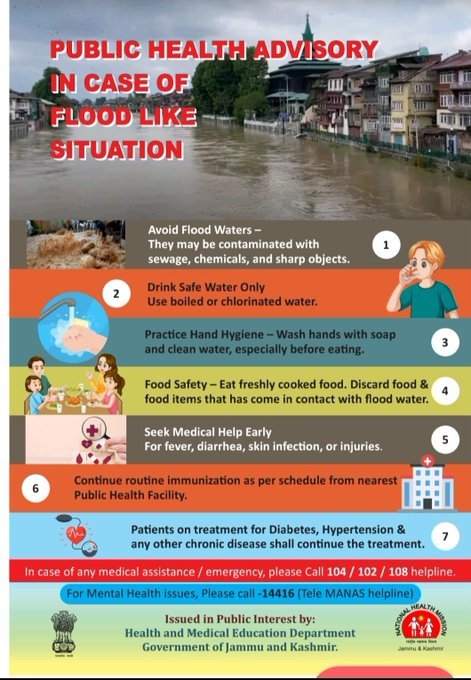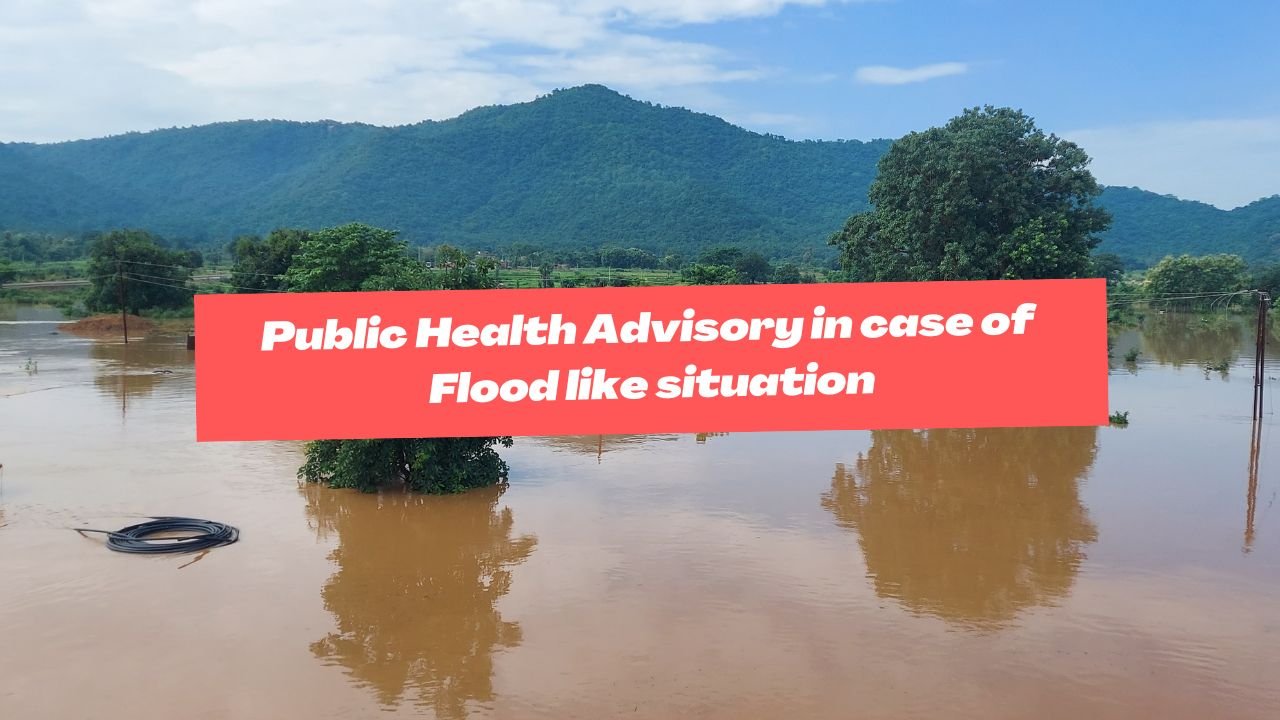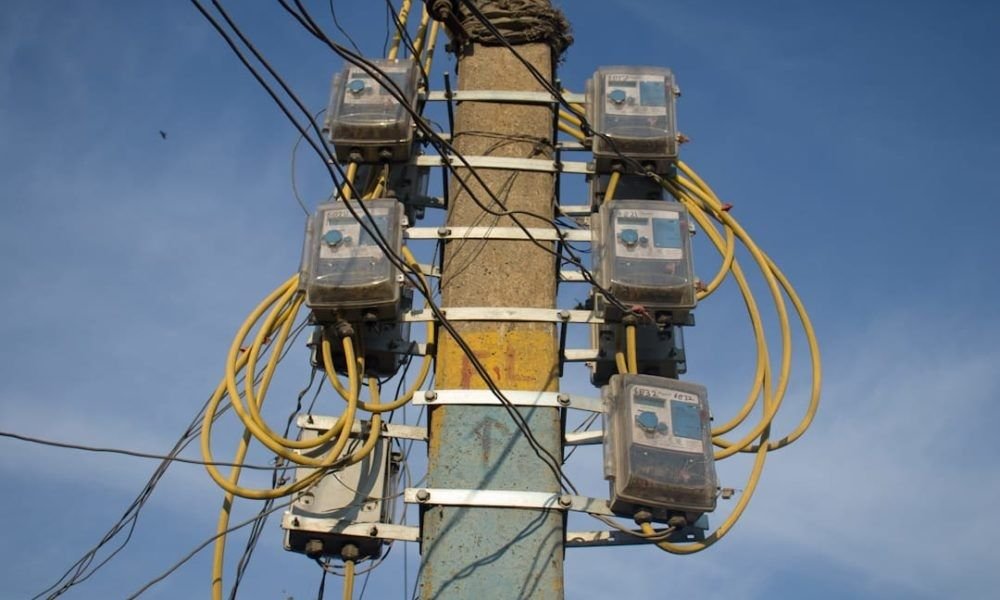Floods in Jammu & Kashmir 2025 have caused massive disruption, highlighting the urgent need for public health awareness, preparedness, and preventive action. Beyond damaging infrastructure, floods pose serious health threats—from contaminated water to injury and vector-borne diseases. This comprehensive guide provides actionable tips to stay safe, protect your health, and prepare for future flood events.
Public Health Advisory During Jammu & Kashmir Floods
Floods carry multiple health risks that can turn life-threatening if not addressed promptly. Authorities have issued crucial advisories to protect residents:
- 🚫 Avoid direct contact with floodwaters – floodwater often contains sewage, chemicals, and hidden hazards.
- 💧 Drink only safe, boiled, or chlorinated water – prevent waterborne diseases like cholera and diarrhea.
- 🧼 Maintain hand hygiene – wash hands with soap or use sanitizers regularly.
- 🍲 Consume freshly cooked food – avoid raw or contaminated food items.
- 🏥 Seek medical help immediately – if you experience fever, vomiting, diarrhea, or skin infections.
- 🦟 Prevent mosquito breeding – use nets and repellents to curb dengue and malaria risks.
- 🐍 Stay alert for snake bites – floodwaters often displace snakes into residential areas.

How to Prepare for Flooding in Jammu & Kashmir
Being proactive can reduce the risks associated with flooding. Here’s how families and communities can prepare:
1. Stay Informed
- Follow alerts from the Meteorological Department, local administration, and disaster response authorities.
- Use trusted platforms and apps for real-time weather and flood updates.
- Check for MET updates related to Jammu & Kashmir by Clicking here.
2. Create a Flood Emergency Kit
Prepare a kit with essentials like:
- First aid kit and medications
- Waterproof and warm clothes
- Torch, batteries, and blankets
- Rubber gloves and waterproof boots
- Dry food and drinking water supplies
3. Plan Evacuation Routes
- Identify safe shelters and evacuation routes in advance.
- Ensure elderly, children, people with disabilities, and pets are part of the plan.
- Keep emergency contacts handy (family, neighbors, police, health services).
4. Protect Valuables and Essentials
- Keep important documents, valuables, and medicines in waterproof bags.
- Store emergency cash and ID proofs safely.
Read also: Important Helpline Numbers in Jammu Division for Emergencies
Special Considerations for the Elderly During Floods
Elderly individuals face higher risks during natural disasters. Additional precautions include:
- Always plan an alternative exit route, especially if living in low-lying or basement areas.
- Keep emergency contacts, insurance numbers, and local authority details updated.
- Store essential medicines and medical equipment within easy reach.
Health Risks Associated with Flooding
Floods affect both physical and mental health. Key risks include:
1. Drowning & Injuries
- Even six inches of fast-flowing water can knock a person off balance.
- Flooded roads may hide potholes, open manholes, or unstable ground.
- Never allow children to play near floodwaters or rescue equipment.
2. Infections from Contaminated Food & Water
- Floodwater often mixes with sewage, spreading bacteria and viruses.
- Use chlorine tablets or boil water before drinking.
3. Electrical Hazards
- Stay away from submerged electrical lines and transformers.
- Switch off main power if water enters your home.
4. Chemical & Carbon Monoxide Hazards
- Floodwaters may carry industrial or household chemicals.
- Never run a generator indoors—carbon monoxide buildup can be fatal.
5. Psychological Stress
- Disasters often cause trauma, anxiety, and stress.
- Stay connected with family, seek counseling, and support children emotionally.
How to Protect Your Health During Flooding
- Wear protective clothing and boots when stepping into floodwaters.
- Disinfect wounds immediately to prevent infections.
- Avoid swimming or bathing in floodwaters.
- Ensure food is properly cooked and stored safely.
- Follow government health advisories closely.
The Jammu & Kashmir Floods 2025 are a reminder that disaster preparedness is not optional—it’s essential. From health advisories to evacuation planning, every preventive step counts. By staying informed, creating flood kits, protecting the vulnerable, and following hygiene practices, communities can reduce risks and safeguard lives.
















